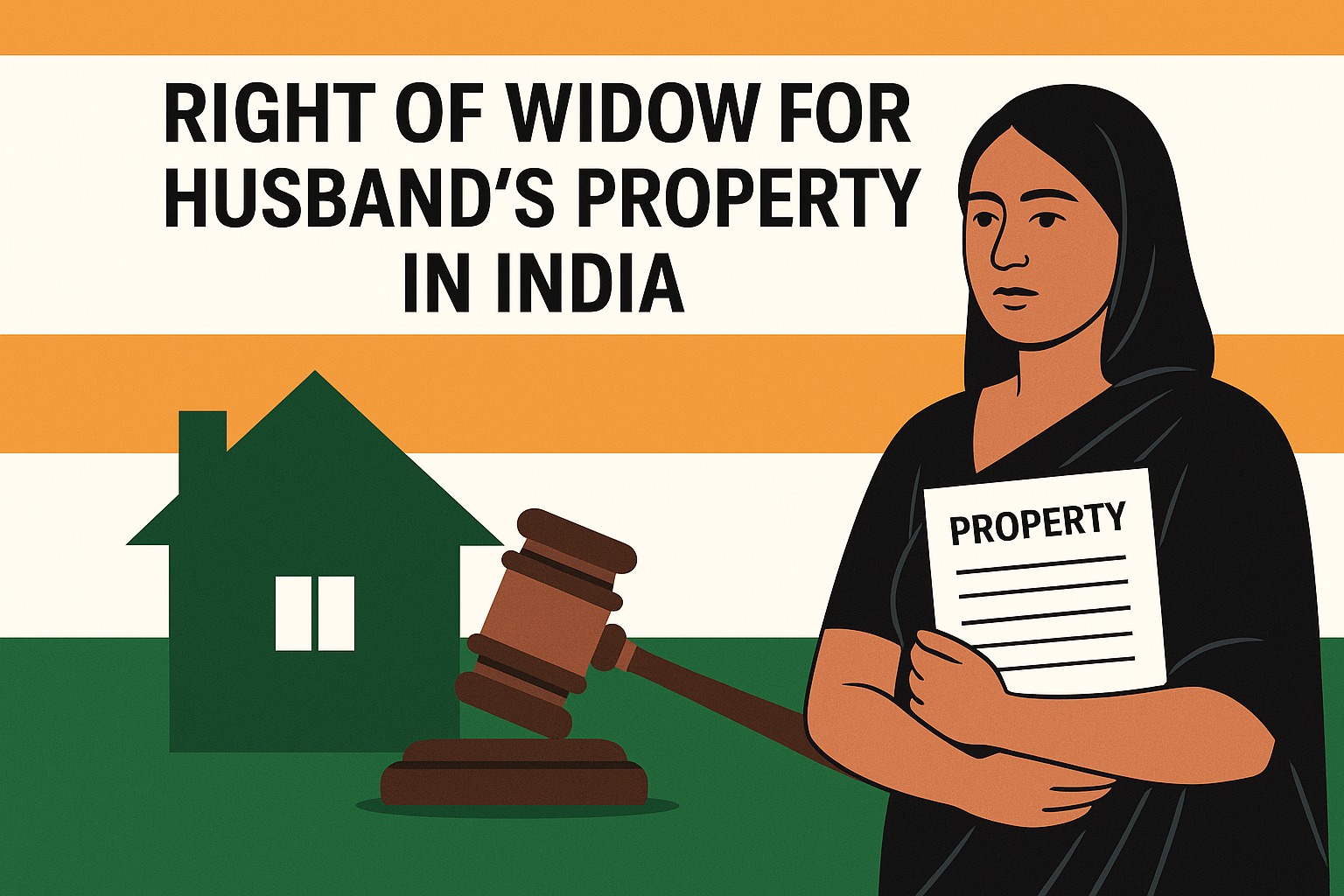Swatanter Kumar, J.@mdashAs per report of the Registry, service is complete. Despite the case having been called twice, nobody appeared on behalf of the respondent. Thus, there is no alternative with the court except proceed with the matter in accordance with law.
2. I have heard counsel for the petitioner at some length.
3. Landlord-Ram Devi had filed an eviction petition against the tenant-Shri Ramji Lal and others on the ground that after death of her husband, the disputed shop has fallen to her share and the petitioner become statutory tenant under her. According to her the tenant had not paid the rent despite repeated demands and has sublet the premises and the tenancy right to other. It was also averred that the tenant has ceased to occupy the shop and has started the business in other shop. Lastly, the ground with regard to damage to the property and having become unfit and unsafe for human habitation was also taken.
4. The petition was contested by the respondent. Upon pleadings of the parties, the learned Rent Controller framed the following issues:-
i) Whether the respondent is liable to his eviction on the grounds alleged in the application? OPA.
ii) Whether the petitioner has locus standi? OPA.
iii) Whether the petition is not verified in accordance with law and that complete particulars have not been given? If so to what effect OPR.
(iii-A) Whether the respondents have paid rent of the shop in dispute upto 30.9.75 to the landlady as alleged in para No. 3 of the written reply of the petition? OPR.
iv) Relief.
5. During the course of arguments, learned counsel appearing for the landlord gave up all other grounds except arrears of rent.
6. At this stage itself, it will be appropriate to refer to the relevant portion recorded by the learned Rent Controller in its judgment, which reads as under:-
"...The petitioner has claimed the eviction of the respondents on the grounds of non-payment of arrears of rent; sub-letting and that respondents have damaged the shop in dispute materially and have made it unfit for human habitation. The learned counsel for the petitioner while arguing at the bar laid his entire stress on the grounds of non-payment of arrears of rent and he did not stress this petition on the other grounds namely subletting, impairment of value and utility and making it unfit for human habitation. To prove the other grounds there is also no cogent evidence on the record of the file."
7. After appreciating the oral and documentary evidence on record, the learned Rent Controller answered the issues in favour of the landlord. It also held that the petitioner has no locus standi being owner of the house, consequently, vide judgment dated 24th April 1980 eviction of the tenant from the premises in question was ordered with costs. u/s 15 of the Haryana Urban (Control of Rent and Eviction) Act, 1973 an appeal was preferred by the tenant which was also dismissed vide judgment dated 20th November, 1985 by the Appellate Authority, Hisar giving rise to the present revision petition.
8. The gist of the findings recorded on the relevant issues by the courts below is that the tenant was found to be in arrears of rent with effect from 1.10.1975 to 30.10.1976 and they have failed to pay the said rent and as such directed their eviction. There is no serious challenge even before this court with regard to the ownership of Ram Devi or at being landlady.
9. Learned counsel for the petitioner while relying upon the judgment of the Hon''ble Supreme Court in the case of Rakesh Wadhawan and Ors. v. M/s Jagdamba Industrial Corporation and Ors. (2002)131 P.L.R. 370 (S.C.), contended that there was no proper computation of the rent in accordance with the statutory provisions of the relevant Act; nor the petitioner was granted opportunity to deposit the rent.
10. Whatever be the status of law at the time when the eviction order was passed, but today the matter has to be decided in view of the dicta of the Hon''ble Supreme Court in Rakesh Wadhawan''s case (supra). The judgment of the Rent Controller has merged into the appellate authority and appellate authority''s judgment would merge into the judgment of this court in the present revision petition. The case has to be decided keeping in view the statutory provisions as recorded by the Hon''ble Supreme Court. It will be appropriate to refer to the decision of the Hon''ble Supreme Court in Rakesh Wadhawan''s case, where the Court held as under:-
"2. The proviso to Section 13(2)(i) of East Punjab Urban Restriction Act, 1949 casts an obligation on the Controller to make an assessment of (i) arrears of rent, (ii) the interest on such arrears, and (iii) the cost of application and then quantify by way of an interim or provisional order the amount which the tenant must pay or tender on the first date of hearing after the passing of such order of assessment by the controller so as to satisfy the requirement of the proviso.
3. Of necessity, the date of first hearing of the application would mean the date falling after the date of such order by controller.
4. On the failure of the tenant to comply, nothing remains to be done and an order for eviction shall follow. If the tenant makes compliance, the inquiry shall continue for finally adjudicating upon the dispute as to the arrears of rent in the light of the contending pleas raised by the landlord and the tenant before the Controller."
11. The above settled principle of law would, thus, have two pre-requisites to be decided before the eviction on the ground non-payment of rent can be ordered. There should be a proper computation and order to that effect must be passed by the Rent Controller granting opportunity to the petitioner to deposit the rent. In case of default the decree for eviction could follow.
12. In view of the above settled position of law, this revision is accepted, the eviction order passed by the learned courts below is set aside. The matter is remanded back to the Rent Controller with a direction to proceed with the matter in accordance with law after granting an opportunity in consonance with the judgment of the Hon''ble Supreme Court referred to above.
There shall be no order as to costs. Records be sent forthwith.

